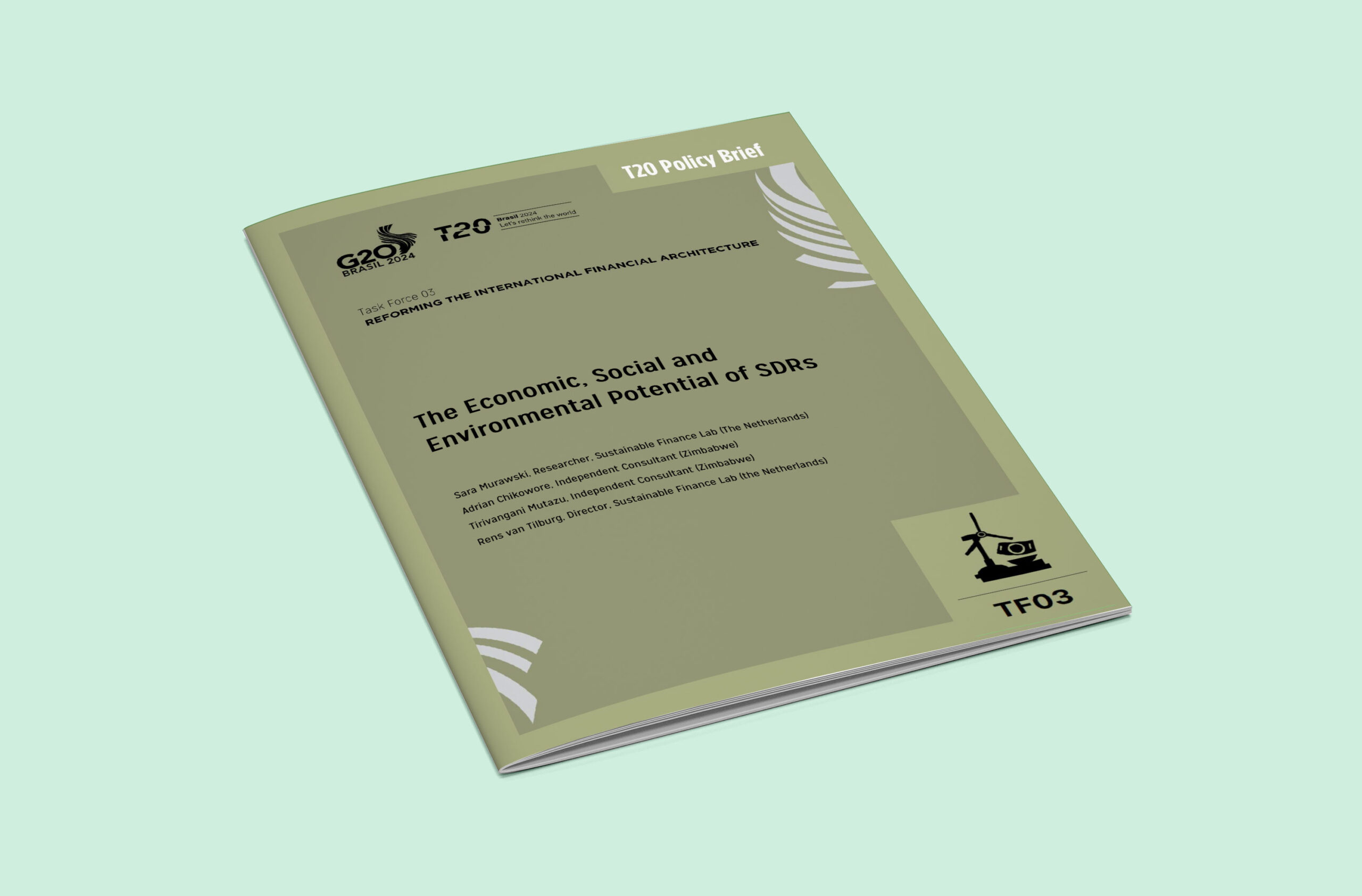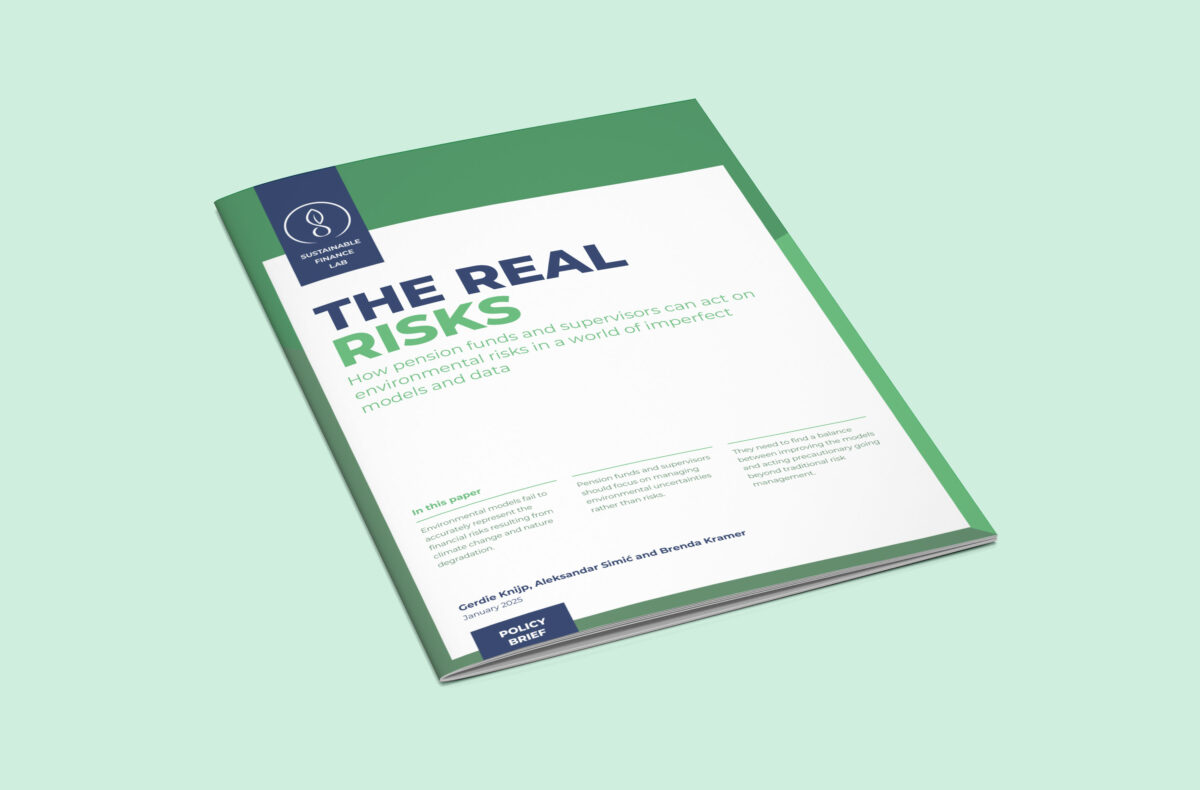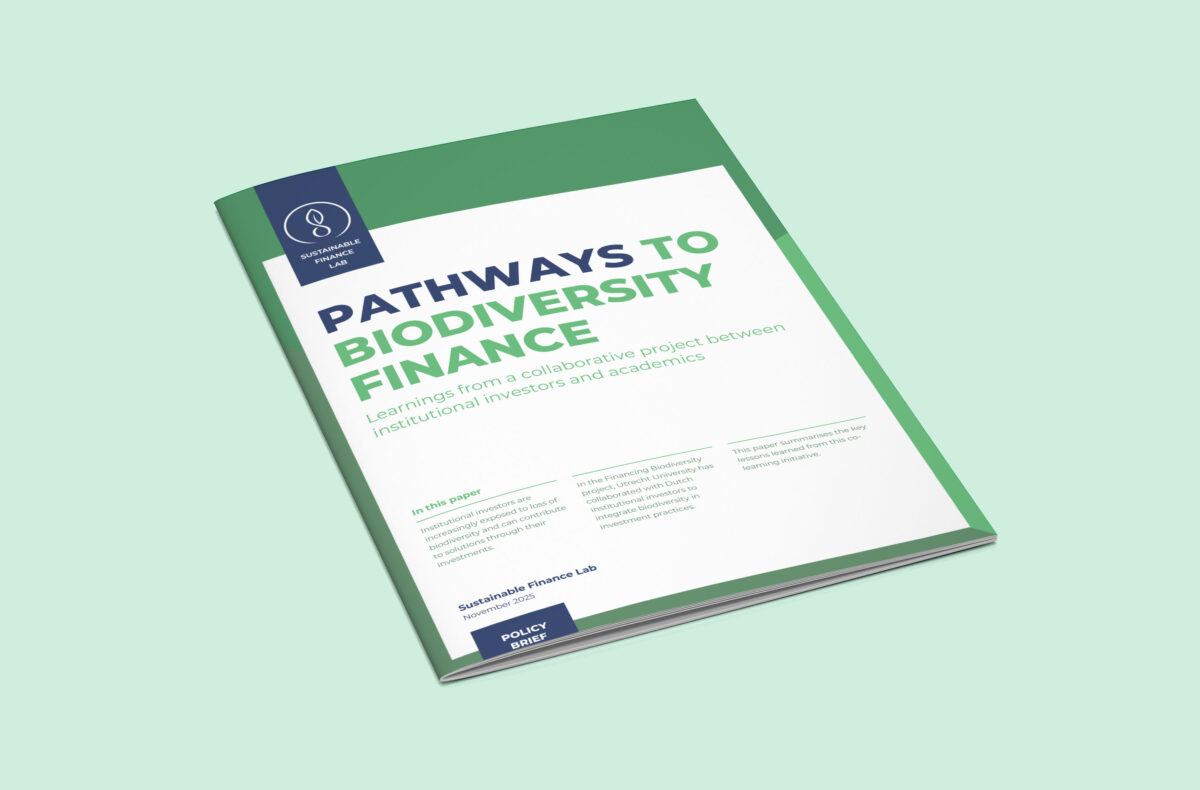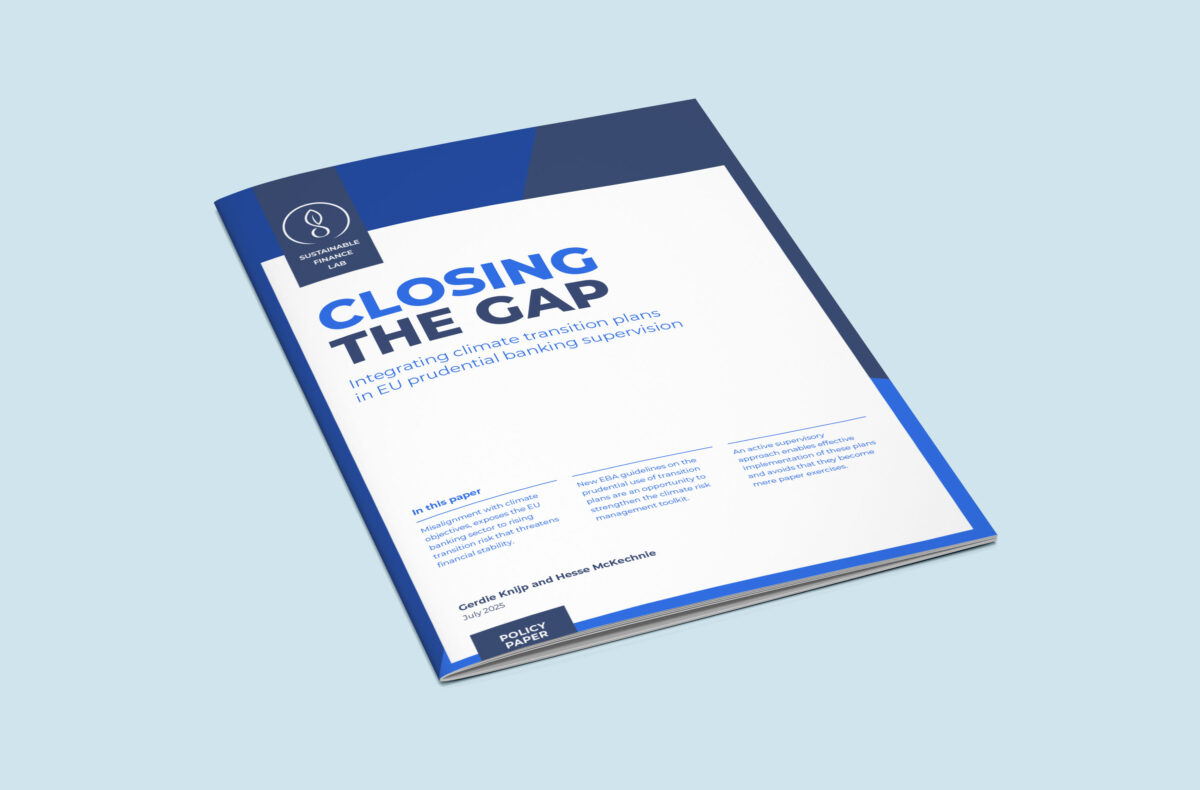The Sustainable Finance Lab contributed to two T20 papers, informing the Brazilian G20 presidency. The T20 is a G20 engagement group bringing together think tanks and research centres from G20 members, aiming to have a broad impact on the G20 Finance and Sherpa tracks.
The first paper concerns the economic, social and environmental potential of SDRs. It is a collaboration between SFL researchers and two researchers from Zimbabwe.
The paper starts from the fact that the global climate finance agenda is currently insufficient to limit climate change and foster a just transition. Too much is expected from domestic resource mobilization and blended finance. The paper argues that the IMF’s SDRs could provide a way forward and compares SDR rechanneling options via the IMF and Multilateral Development Banks. It further calls for:
- Support of innovative financing mechanisms that accelerate climate action and promote economic resilience at the scale required across the globe, such as the African Development Bank’s Hybrid Capital Instrument
- A reform the IMF Trusts. The Trusts’ strict economic policy conditionality and eligibility criteria should be reformed to provide affordable long-term financing for LICs and MICs. Additionally, the IMF should obtain technical assistance from the World Bank, MDBs, and development partners about policies and climate finance and ensure more coherence between different IMF programs
- A fundamental reform of the IMF and other International Finance Institutions (IFI’s). The IMF’s quota system needs to be reformed to ensure that developing countries receive a significantly larger portion of SDRs during future allocations. Additionally, a new issuance and regular issuances would enable countries most in need to immediately invest in development and climate policies
You can download the full publication here.




